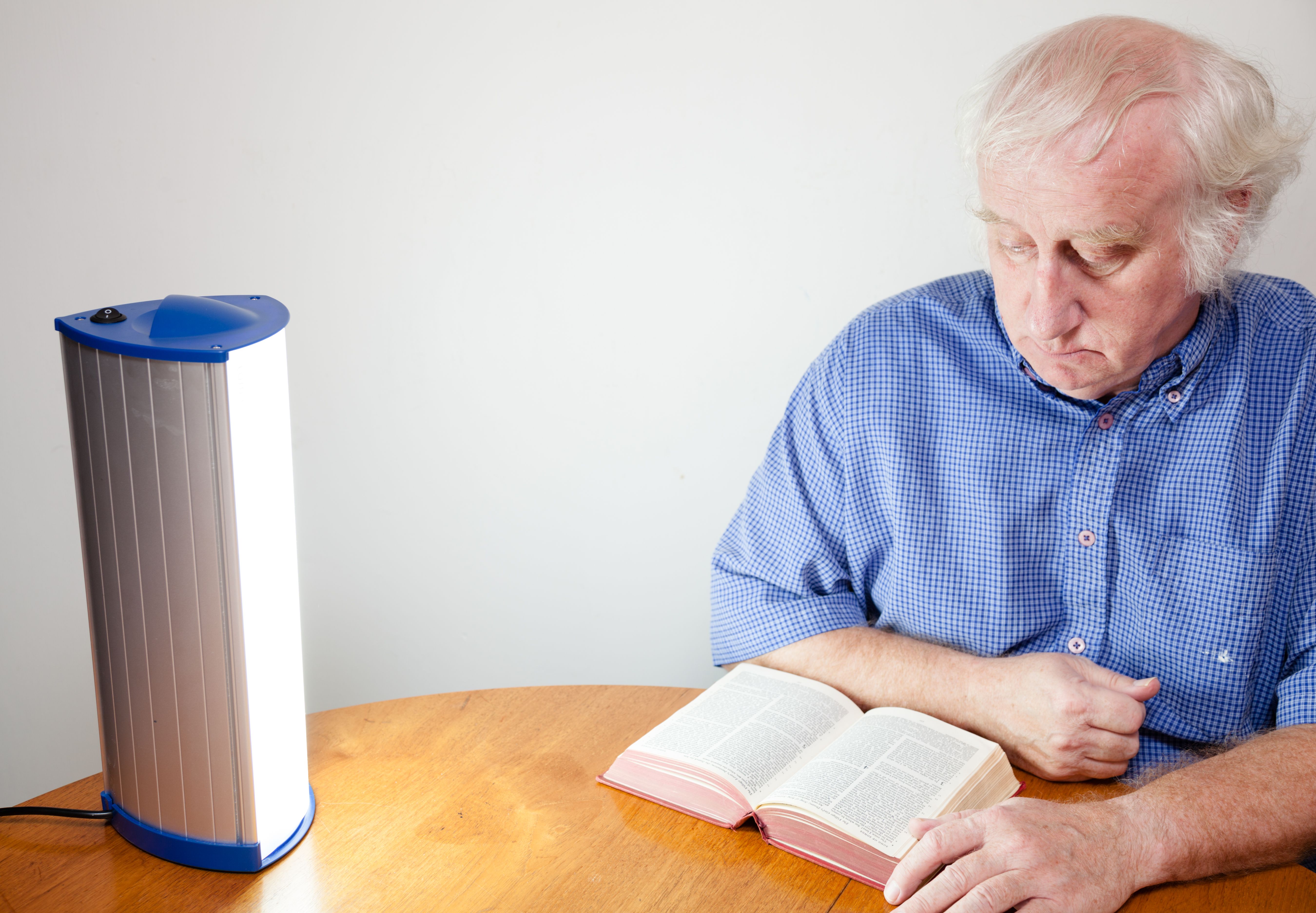Coping with Seasonal Affective Disorder in London
AB
Understanding Seasonal Affective Disorder
Seasonal Affective Disorder (SAD) is a type of depression that occurs at a specific time of year, usually in the winter months. In London, where the days can be particularly short and the sky often grey, many individuals find themselves experiencing symptoms of SAD. Recognizing these symptoms, which can include fatigue, depression, and social withdrawal, is the first step toward managing them effectively.

Identifying the Triggers
The primary trigger for SAD is reduced sunlight exposure. This lack of light can disrupt your body's internal clock, leading to feelings of depression. In London, the overcast skies and limited daylight during the winter months amplify these effects. Understanding this connection allows individuals to take proactive measures to mitigate the impact of these environmental factors.
Other potential triggers include changes in diet and activity levels during the colder months. People may find themselves less active and consuming more carbohydrates, both of which can contribute to mood changes.
Effective Strategies for Coping
Fortunately, there are several strategies to help manage Seasonal Affective Disorder. One effective method is light therapy, which involves exposure to a bright light that mimics natural sunlight. This can help regulate your body's internal clock and improve mood significantly.

Maintaining an Active Lifestyle
Staying physically active is crucial for managing symptoms of SAD. Regular exercise can enhance your mood by releasing endorphins, which are natural mood lifters. In London, consider indoor activities like yoga or join a gym to keep moving, even when outdoor options are limited by weather conditions.
Additionally, getting outdoors when possible, especially during daylight hours, can be beneficial. A brisk walk in a local park can provide a much-needed boost of energy and exposure to natural light.
Nutritional Considerations
Your diet plays an essential role in managing SAD. Eating a balanced diet rich in fruits, vegetables, lean proteins, and whole grains can help stabilize your mood and energy levels. Omega-3 fatty acids, found in fish like salmon and mackerel, are particularly beneficial for brain health and may help alleviate symptoms of depression.

Seeking Professional Help
If you find that self-help strategies are not enough, it may be time to seek professional assistance. Cognitive-behavioral therapy (CBT) has been shown to be effective in treating SAD by helping individuals change negative thought patterns and behaviors.
Additionally, speaking with a healthcare provider about medication options may be beneficial. Antidepressants or other medications can be prescribed to help manage the symptoms of SAD if necessary.
Building a Support Network
Lastly, creating a strong support network is vital. Engaging with friends and family or joining support groups can provide comfort and understanding during difficult times. Sharing experiences with others who understand what you're going through can be incredibly uplifting and empowering.

By combining these strategies and seeking appropriate help when needed, individuals in London can effectively manage Seasonal Affective Disorder and enjoy greater well-being throughout the darker months.